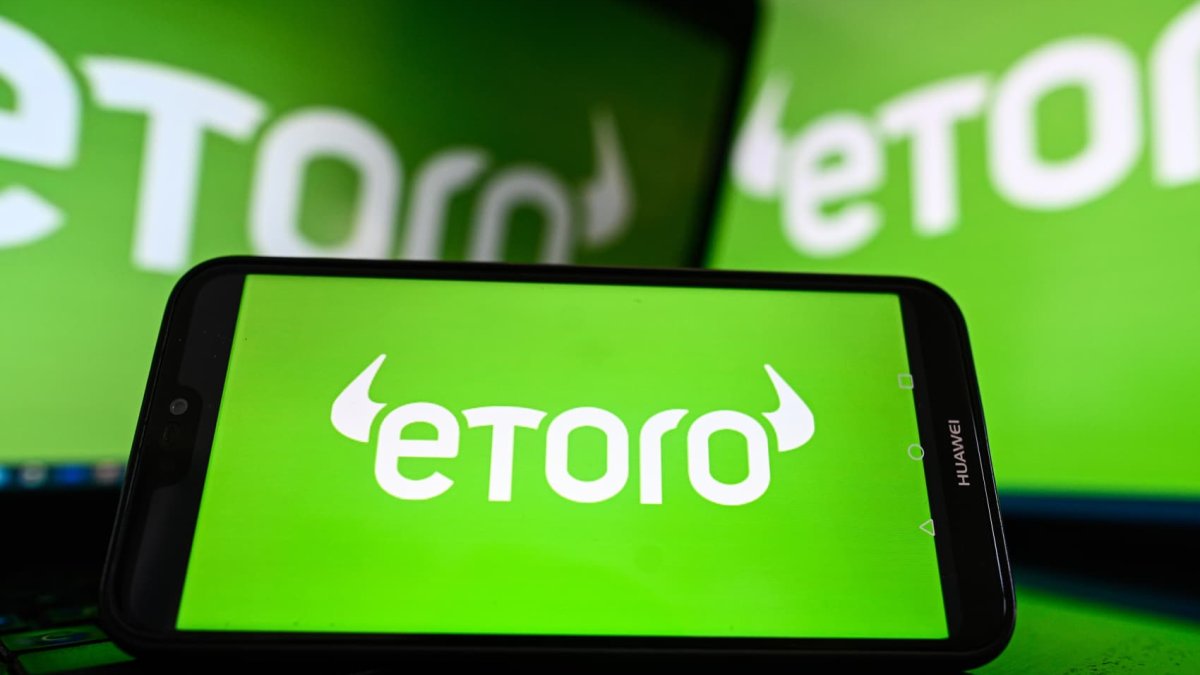This week, Catl, the company has domestic lithium battery batteries, opened the Hong Kong IT…

Hyundai Motor India GMP down 89% ahead of IPO; Here are the 8 reasons behind GMP’s decline

As Hyundai Motor India approaches its Upcoming ipo, its gray market premium (GMP) has declined to ₹45, which is less than 3% above the issue price range of ₹1,865-₹1,960 per share. This offering is structured as a complete offer for sale (OFS) by the Korean parent, releasing 14.2 crore shares and valuing the company at approximately ₹1.6 lakh crore.
Detailed Risks and Concerns:
- Full OFS Structure: The IPO involves a complete OFS, meaning no new funds will go into Hyundai’s Indian operations. The proceeds will benefit the parent company, raising concerns among analysts and investors regarding the growth potential for the Indian subsidiary. Although an OFS allows existing shareholders to cash in, it doesn’t provide fresh capital for Hyundai India, which could have fueled expansion projects and strategic growth plans. However, Hyundai Motor India may leverage its reserves for market expansion in India. The parent company plans to use the proceeds for new products, technological advancements, and R&D, potentially benefiting Indian operations in the long run.
- Valuation Challenges: At the lower end of the price band (₹1,960), Hyundai’s IPO is priced significantly higher than Maruti Suzuki, which has triple the market share, more than double the sales volume, and similar profitability. Analysts argue that Hyundai’s valuation at 26x its FY25 earnings is expensive compared to Maruti’s 22x and the industry average of 24.41x. Additionally, this valuation is significantly higher than Hyundai Motor’s global parent valuation, which trades at a PE ratio of around 5x.
- Conflict of Interest: Hyundai and Kia, part of the same group, have overlapping business activities in India. This may create a conflict of interest, which could affect Hyundai Motor India’s business performance and strategy.
- Ongoing Legal Disputes: The company and its subsidiaries are currently engaged in several legal cases. Unfavorable judgments could damage Hyundai’s business reputation, financial health, and operations in India.
- Capacity Utilization Concerns: Hyundai’s manufacturing facilities are operating at high utilization levels. The successful operationalization of the Talegaon plant is crucial for meeting future demand. Inaccurate demand forecasting could result in either under-utilization or over-utilization, negatively impacting production schedules and costs.
- Cost Pressures and Non-EV Dependence: Hyundai’s reliance on non-electric vehicles is a potential risk if the company fails to develop an efficient, cost-effective electric vehicle (EV) strategy. Given the global shift toward EVs, this dependence could limit future growth and profitability.
- Production Interruptions: Hyundai currently produces all its vehicles and parts at its Chennai plant. Any disruptions or issues at this facility, or at the Talegaon plant once it becomes operational, could adversely affect production schedules and overall financial performance.
- Competitive Market Landscape: The Indian automobile market is highly competitive and rapidly evolving. Hyundai India faces the challenge of maintaining its position while adapting to changing consumer preferences and industry trends. Failure to effectively compete could impact its market share and profitability.








This Post Has 0 Comments